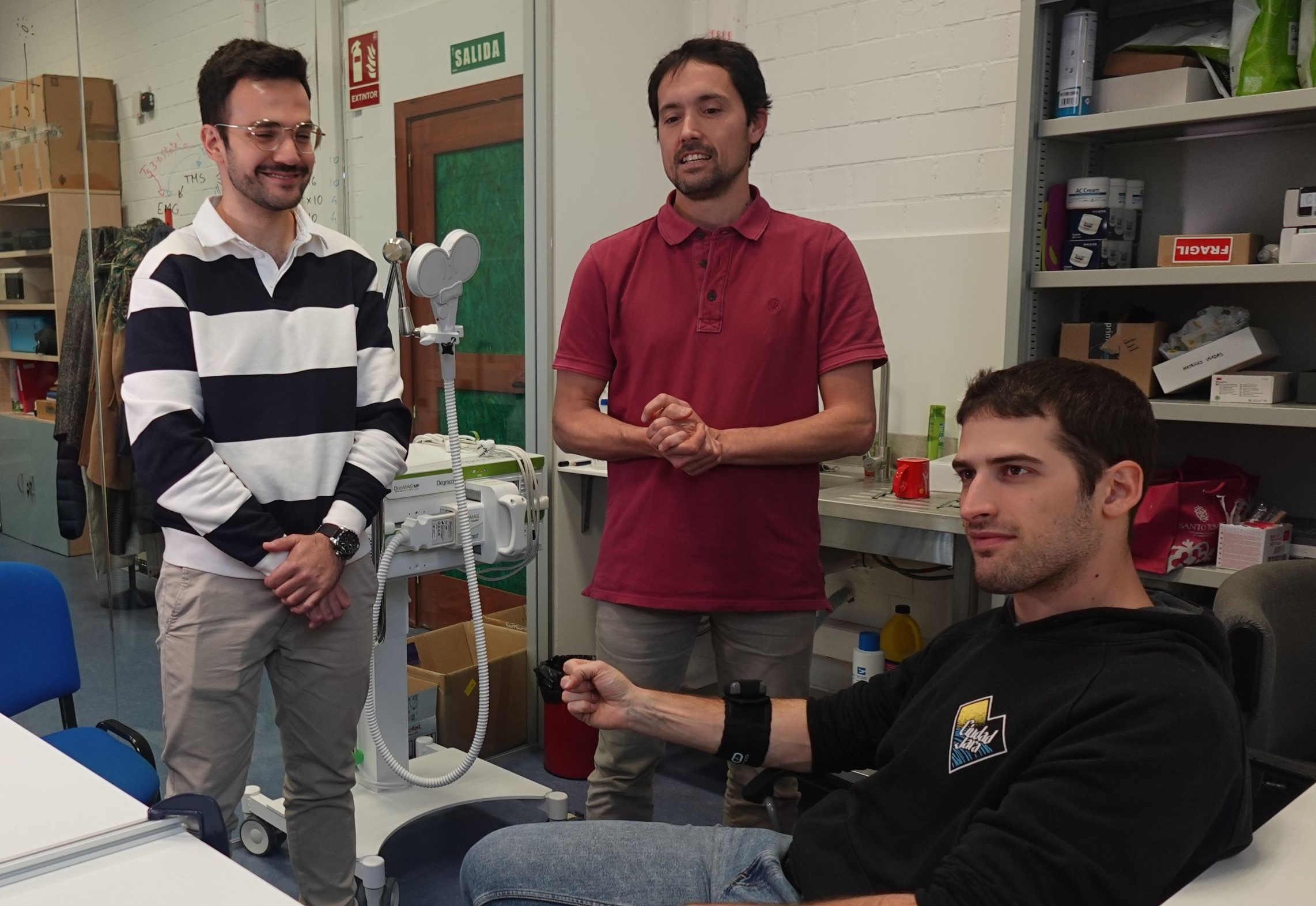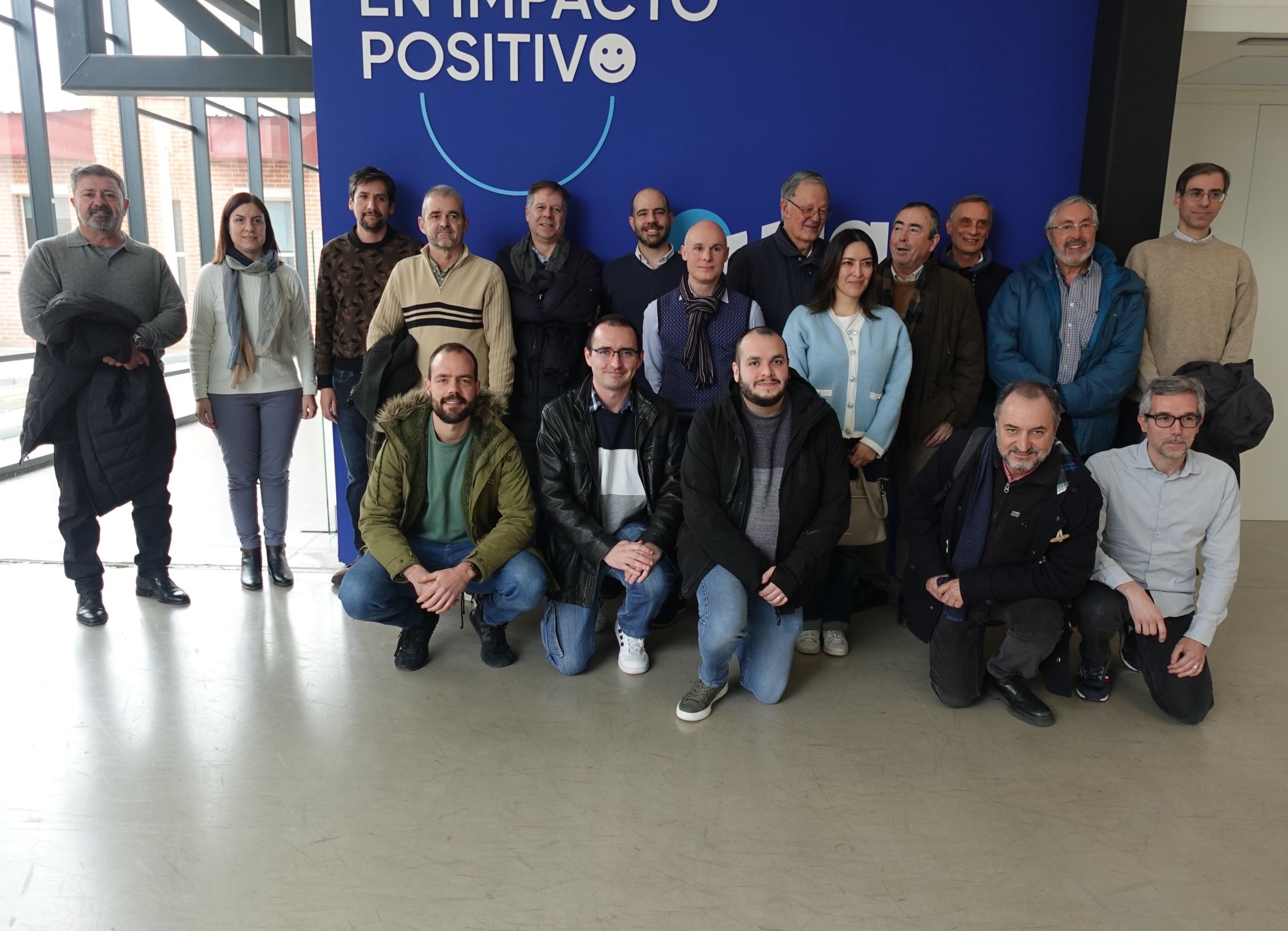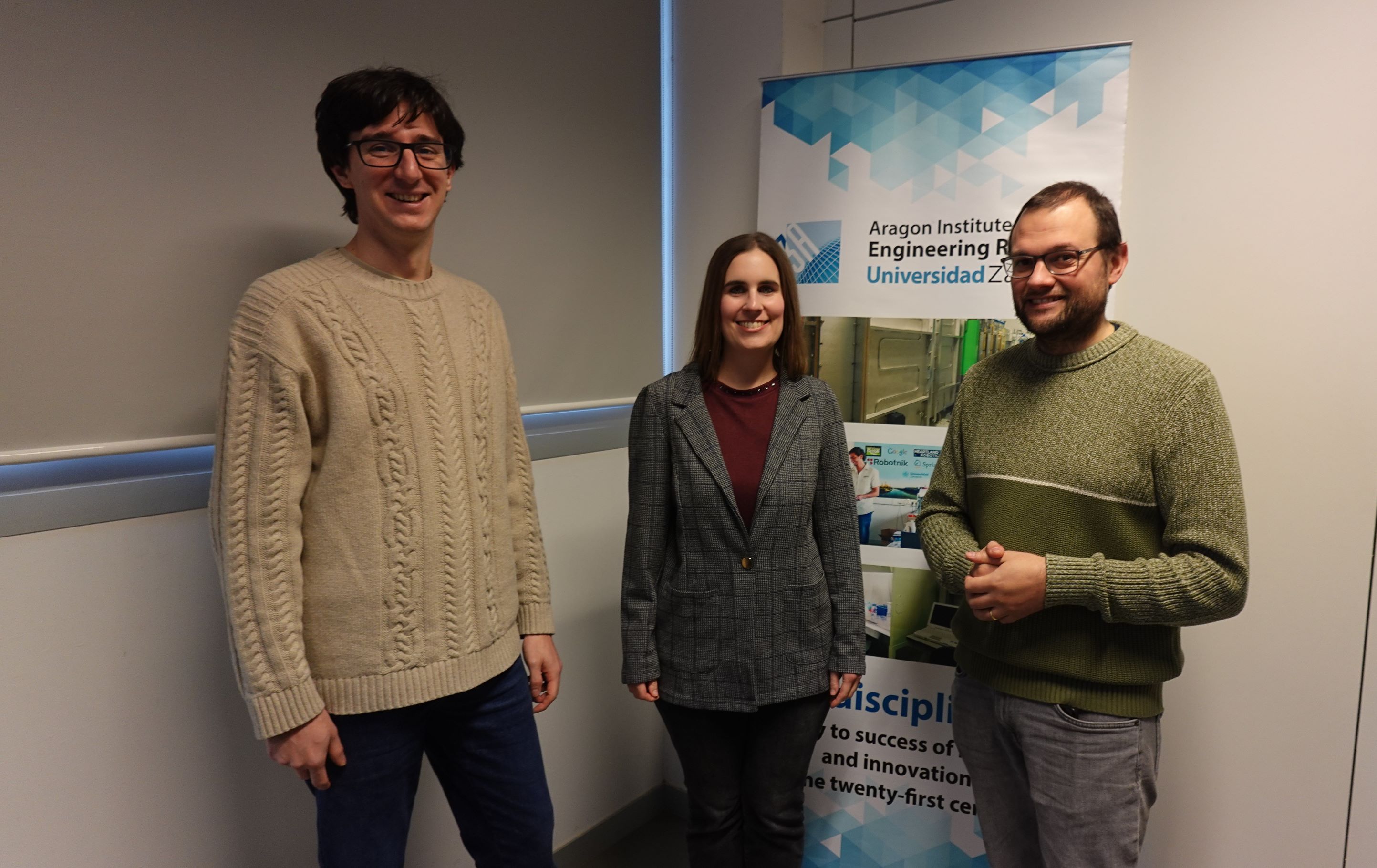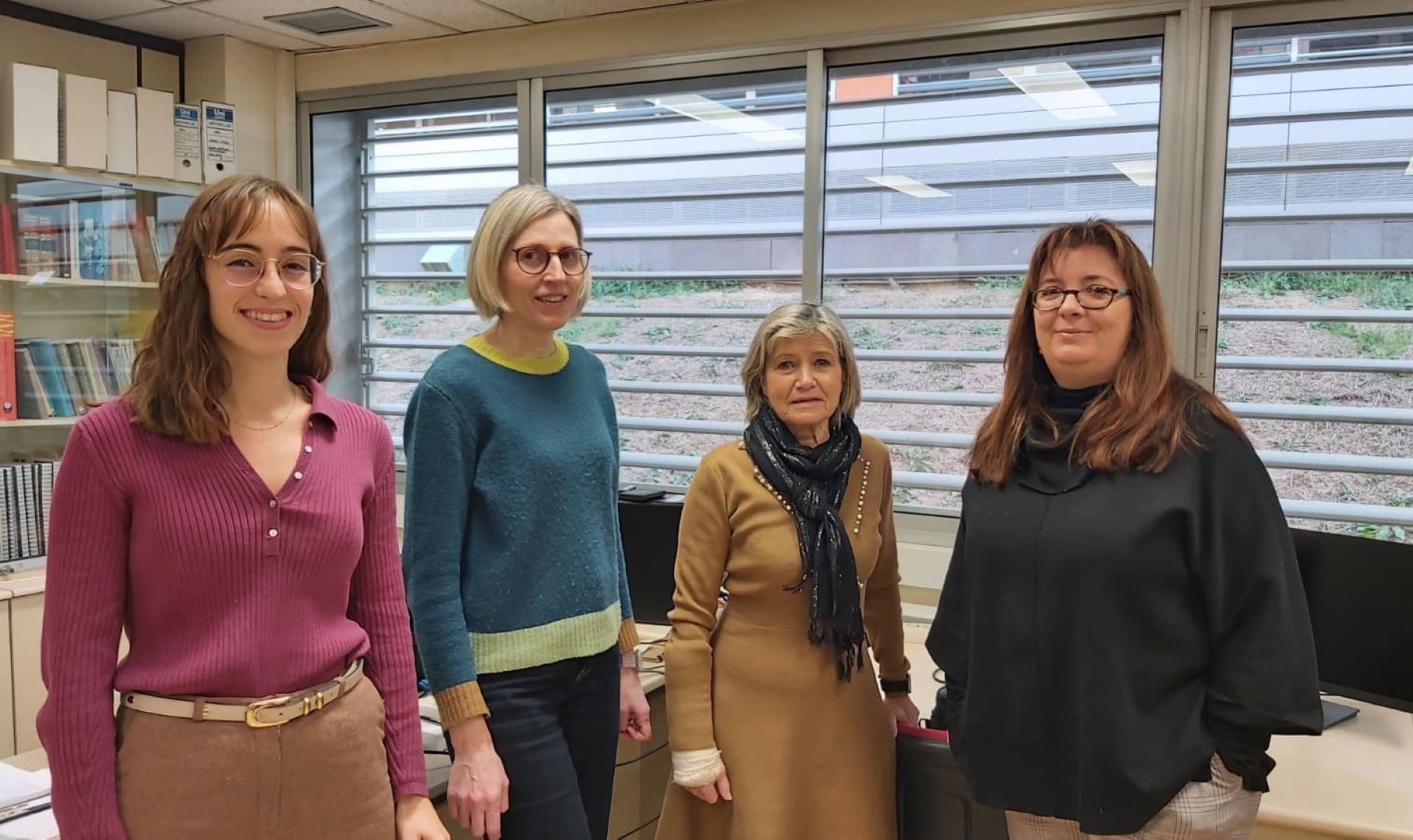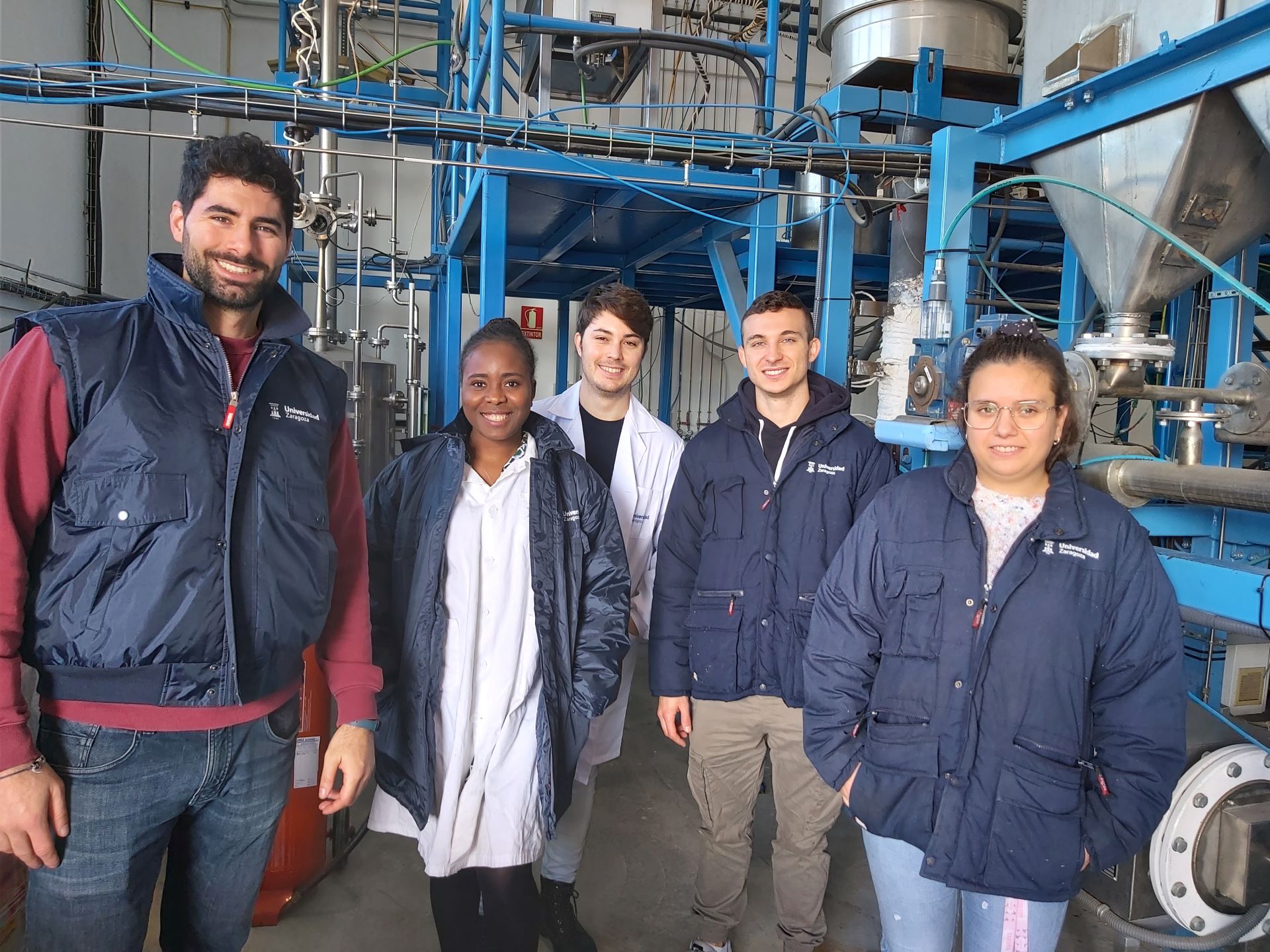
Three researchers and two researchers from the I3A are looking for a solution for agricultural and livestock soil waste in Aragon, giving circularity to a waste that now only pollutes and that could be treated to generate added-value products.
In recent years, our Autonomous Community has become the leading region in Spain in terms of the number of pigs, which has led to an increase in slurry pollution. For this reason, the Agrofood4zerowaste project seeks to integrate them into a circular economy that allows them to be put to another use.
His research is aimed at treating this slurry to obtain alternative energy sources such as biogas and other products of interest such as fertilisers, water suitable for irrigation and activated carbons. "Most of this waste will be converted into value-added products that can then be applied in the field or, for example, if the farmer needs a thermal demand in biogas to burn," says César Gracia, a researcher on the project.
The Agrofood4zerowaste project was awarded one of the three first prizes in the European InnoUNITA programme and came first in the University of Zaragoza competition. The aim of this programme is to provide entrepreneurial skills to members of the University of Zaragoza, who have presented a project idea related to health, agronomy and environment.
Based on this award, the five young I3A researchers and PhD students at the University of Zaragoza are trying to turn their project into a company which they have called DPurines (Depurar Purines) in order to find, as one of them, Víctor Mercader, points out, "an internal solution to a management that is not efficient".
Students, researchers and now entrepreneurs
Five PhD students in Chemical and Environmental Engineering at the University of Zaragoza and I3A researchers, now in the world of entrepreneurship, who are trying to provide sustainable solutions to energy and polluting problems.
- María África Navarro (GPT, Thermochemical Processes Group): its main line of research is the valorisation of agro-livestock waste to obtain low-cost carbonaceous solids for biogas cleaning.
- César Gracia (GPT): his line of research focuses on an autothermal pyrolysis system with CO2 capture in which biochar, bio-oil and a pure CO2 stream are obtained as products.
- Raquel Raso (GPT): research into the valorisation of glycerol (by-product of biodiesel production) to obtain value-added products (H2, ethylene glycol, propylene glycol, acetol, etc.) by catalytic processes.
- Pedro García (GPT): studies how to reduce emissions from ammonia combustion through the incorporation of other coal-fired compounds, such as hydrogen or methane.
- Víctor Daniel Mercader (CREG, Catalysis, Molecular Separations and Reactor Engineering Group): seeks to solve the problems of storing and transporting hydrogen by transforming it into another more stable and safer energy vector such as methane..
